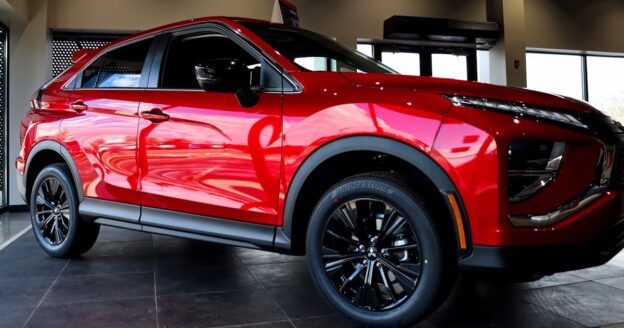When it comes to purchasing a vehicle, buyers are often looking for the best deal possible. Two popular options for those on a budget are repossessed cars and used cars. While both can offer significant savings compared to buying new, there are important differences between the two that can influence your decision. So, which is the better deal: a repossessed car or a used car? Let’s explore the key factors to help you make an informed choice.
Repossessed vs Used Cars
Repossessed cars are vehicles that have been taken back by the lender after the original owner failed to make their loan payments. These vehicles are then sold by the lender to recoup the outstanding loan balance. Because lenders are motivated to sell these cars quickly, repossessed vehicles are often sold at a lower price than traditional used cars.
Used cars, on the other hand, are vehicles that have had one or more previous owners and are sold through dealerships or private sellers. The condition, price, and availability of used cars can vary widely depending on factors like age, mileage, and overall condition.
Price Comparison
One of the main advantages of repossessed cars is the potential for lower prices. Since lenders are primarily interested in recovering their losses, repossessed cars are often sold at a discount compared to similar used cars on the market. This can make repossessed vehicles an attractive option for buyers looking for a bargain.
However, while repossessed cars may come with a lower price tag, there can be additional costs to consider. In contrast, many used cars sold through dealerships come with warranties or have undergone inspections, which can provide added peace of mind.
Condition and Maintenance
The condition of a repossessed car can be a bit of a gamble. Because these vehicles were taken back due to non-payment, previous owners may not have kept up with regular maintenance. Some repossessed cars may have been sitting unused for a period of time, leading to potential issues like dead batteries or engine problems. Buyers should be prepared to invest in repairs or maintenance shortly after purchase.
Used cars, especially those sold through reputable dealerships, are often inspected and may come with a maintenance history. This can give buyers a better understanding of the vehicle’s condition and reduce the risk of unexpected repairs. However, used cars can vary greatly in condition as well.
Availability and Selection
Repossessed cars are often sold at auction. Buyers may have limited time to make a decision as they face live competition from other bidders. Fortunately, RepoFinder provides a simple directory of links to banks and credit unions that are selling their repo inventory, giving you access to all types of vehicles.
Used cars, on the other hand, are widely available and can be found at dealerships, online platforms, and private sellers. This gives buyers more options to choose from, including different makes, models, and price ranges. Additionally, buyers have the opportunity to test drive used cars and inspect them thoroughly before making a purchase.
Financing Options
Financing a repossessed car can sometimes be more challenging than financing a used car. When repo vehicles are sold at auction financing options may be limited. Buyers may need to secure their own financing or pay in cash. Financing repossessions sold by a d bank can also be easier. They may be more inclined to work with you, as you’re taking a car off their hands and obtaining financing directly through them.
Used cars, especially those sold through dealerships, typically come with a range of financing options, including loans and leasing arrangements, making the purchasing process more flexible.
Risk vs. Reward
Buying a repossessed car can be a great way to save money. It comes with a certain level of risk. The potential for hidden issues and the lack of warranties or guarantees means that buyers need to be diligent and prepared for possible repairs.
Used cars, while often more expensive, generally offer more security in terms of vehicle condition and available financing options. The ability to choose from a wider selection of vehicles can make used cars an easier choice for many buyers.
Final Thoughts
So, which is the better deal: a repossessed car or a used car? The answer depends on your individual needs, budget, and risk tolerance. If you’re looking for a bargain and are willing to take on the potential risks, a repossessed car could be a great option. However, if you prefer a more straightforward buying process with fewer uncertainties, a used car might be the better choice.
Ultimately, whether you choose a repossessed or used car, doing your research, inspecting the vehicle, and understanding the terms of the sale are key to making a smart purchase. To search for repossessed cars, trucks, ATVs, and more, visit RepoFinder.com today!

